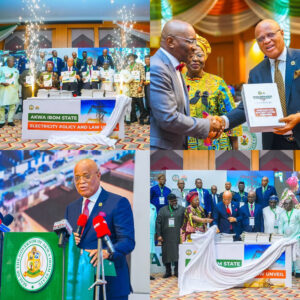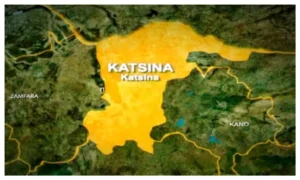
The Chief Executive Officer of the Nigerian Midstream and Downstream Petroleum Regulatory Authority (NMDPRA), Engr. Farouk Ahmed is at the centre of growing controversy as fresh calls for his removal have intensified, sparking divided opinions across civil and political spheres.
On Monday, a protest led by the Situation Room for Oil Sector Reforms took place in Abuja at the offices of the Attorney-General of the Federation (AGF), the Independent Corrupt Practices and Other Related Offences Commission (ICPC), and the Code of Conduct Bureau (CCB), demanding Ahmed’s immediate resignation over alleged misappropriation of over $5 million in agency funds.
This is not the first wave of scrutiny targeting Ahmed. In early June, a coalition of lawyers and civil society actors similarly urged the Federal Government to probe the NMDPRA boss over allegations of financial misconduct.
The protest has also gained traction among a group of religious leaders who have launched a campaign tagged “Ahmed Must Go,” intensifying pressure on the regulator.
However, counter-narratives have emerged. The League of Civil Society Groups and the National Youth Council of Nigeria (NYCN), through their leaders Mohammed Basah and Mukhtar Akoshile, have dismissed the allegations as politically driven and lacking substance.
In a statement made available to NEWSBULLETIN NIGERIA on Wednesday, they argued: “After thorough review, we find no credible evidence linking Engr. Farouk Ahmed to any wrongdoing. Instead, his tenure has been marked by increased transparency and regulatory reforms that are stabilising the downstream petroleum sector. The ongoing protests are not only ill-timed but risk undermining vital industry reforms.”
Farouk Ahmed remains one of the few appointees from the administration of former President Muhammadu Buhari retained by President Bola Ahmed Tinubu. Appointed in 2021, Ahmed has since been responsible for overseeing regulatory activities in Nigeria’s midstream and downstream oil and gas sectors.
The controversy is expected to generate further political and institutional ripples in the coming days.







![[PHOTOS] Arewa Offa, Mustapha Amidat Concludes Skill Acquisition, Exhibition Programme](https://newsbulletin.com.ng/wp-content/uploads/2025/09/IMG-20250920-WA0011-300x300.jpg)